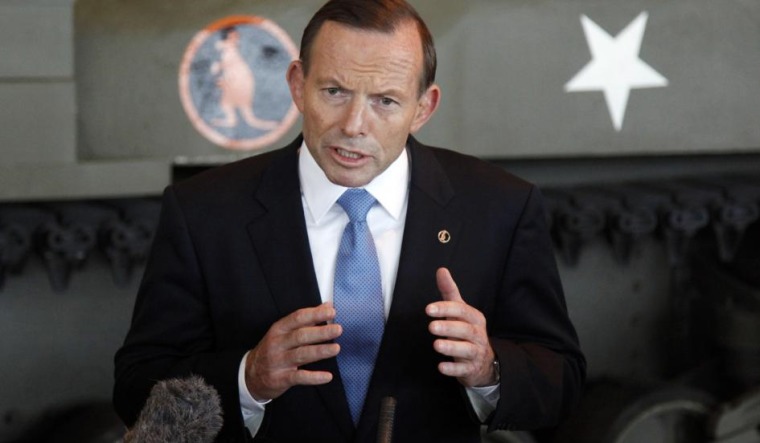

The Guardian described an "unpredictable" and "hostile" Australian federal Senate on Wednesday in regard to the Abbott Government's efforts to pass a set of new laws that will take effect in 2015.
A number of important pieces of legislation were approved, while assistant treasurer, Josh Frydenberg, told reporters that the Coalition will prioritise those items that remain outstanding in the new year.
Disability and welfare changes were foremost concerns over the new-year period. The most significant issues that have arisen for people with disabilities and their carers are that from January 1, 2015, commonwealth-appointed doctors are solely responsible for disability support pension (DSP) applications.
Also, DSP recipients will be able to travel overseas for a four-week period, rather than the previous time frame of six weeks.
The media publicised a response from People with Disability Australia's Craig Wallace: "It is unclear that this measure will produce significant savings but, sadly, it adds to a false impression that people with disabilities are rorters and bludgers." Maree O'Halloran, Director of the Welfare Rights Centre in Sydney, told SBS News that the Centre is concerned that the changes to the DSP "won't help people into work".
In terms of welfare, the Senate allowed the following key changes:
- Families must have a combined income of under A$100,000 to be eligible for the schoolkids bonus.
- The income threshold for seniors-card eligibility will be lowered.
- Welfare-payment recipients can have their Centrelink income suspended if they miss an appointment with a potential job provider.
- The clean energy subsidy was ceased for low-income earners on January 1, 2015.
A move to raise the pension age from 67 to 70 years, and a proposal to stop welfare payments for those below 30 years of age for the first six months of their unemployment were both rejected by the Senate.
Other changes include an additional 300 training placements for doctors, a 50 per cent increase to the cost of Partner Visas for immigrants, and the introduction of a code of conduct for small-business franchising arrangements.
The response from Acting federal Opposition leader, Penny Wong, was received on the first day of the new year:
"Labor's position has always been that we will support changes the government puts forward that we think are equitable. What we won't do is support cuts which we think are unfair and certainly the changes to the pension that this government is proposing are unfair and they are also a broken promise".
Mr Frydenberg stated that the government's Medicare co-payment scheme and higher education proposals are the key outstanding items that will be revisited in 2015.